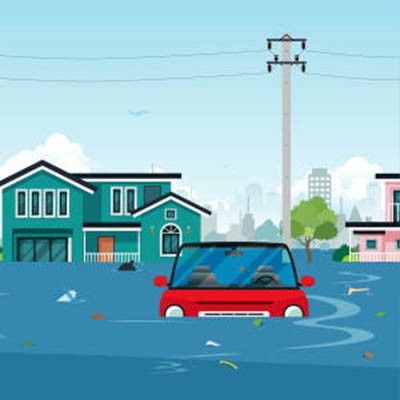PCSOFT Blog
Is Your Organization Ready for a Disaster
While not every business needs to worry about hurricanes, the same can’t be said for other kinds of disasters out there. Tornadoes, fires, and other natural disasters could strike at any moment depending on geographical location, but if you’re prepared, you can limit the influence these events have on your organization’s future.
Research Your Threats
Disaster scenarios require having a comprehensive business continuity plan on-hand to ensure your organization can take any hit possible. Depending on where your business is located, you’ll have a specific set of threats that you’ll need to be prepared for. Environmental influences are known to create 30 percent of all downtime incidents; this number includes flooding, hurricanes, humidity, extreme temperature/weather, and so on. Do some research and think about what kind of environmental threats might exist in your location.
Of course, there will always be threats beyond your control, so you should have ways to identify when a disaster--no matter how small--goes unnoticed. A monitoring system will help you detect and prevent a disaster before it becomes too costly. Downtime costs have increased by about 38 percent in the past eight years, so it’s critical that you prepare now before something unexpected happens. After all, hurricanes are only growing more powerful and dangerous, as the average precipitation has increased by roughly 70 percent over the years.
Prepare for the Worst-Case Scenario
Imagine your worst-case scenario and take measures to counteract it. In most cases, it’s going to include an off-site data backup solution that stores your data in multiple locations outside of your office. This solution aims to make it impossible to destroy all copies of your data in the wake of a disaster.
Of course, this only applies to your data, but what about the resources that use this data to keep your business moving: your employees? You need to have communications put into place to make sure that all of your employees can stay in touch with management to ensure they are safe. You also need a system in place to make sure your business’ clients are aware of what’s happening so they can expect services or communications to be rendered inoperable for the time being. Extra provisions in the office also make it so that anyone stuck inside for an extended period of time won’t be stuck without supplies they might need.
Get Back in Action
Once you have your plan fully outlined, the next step is to figure out how you will get back in action following a disaster event. This includes minimizing downtime and making sure your employees have the tools needed to work, whether it’s from a temporary office or a remote location. PCSOFT can help by equipping your business with data backup and disaster recovery tools, as well as technology to work remotely when the time comes. To learn more, reach out to us at 02 98730080.


Comments